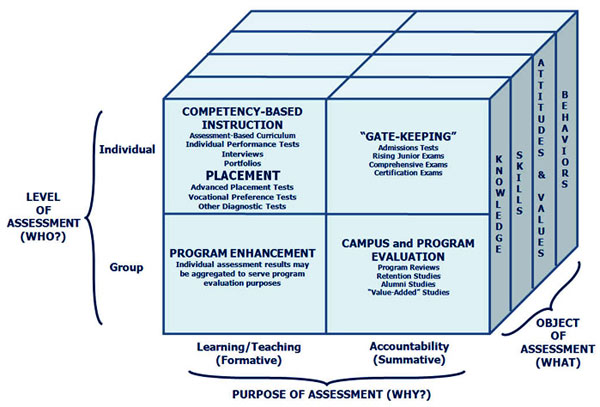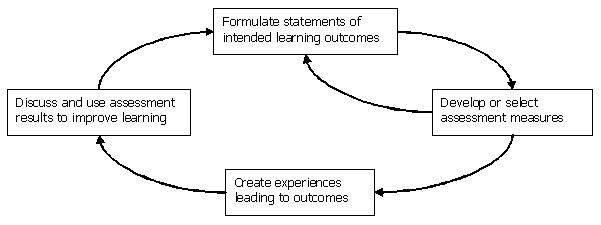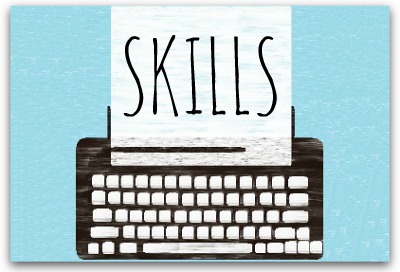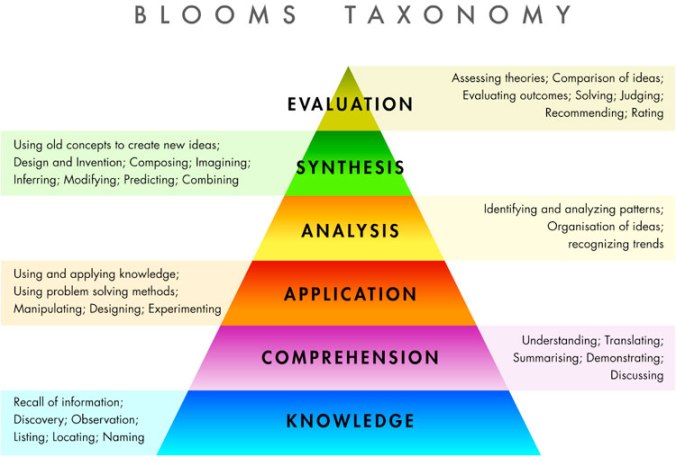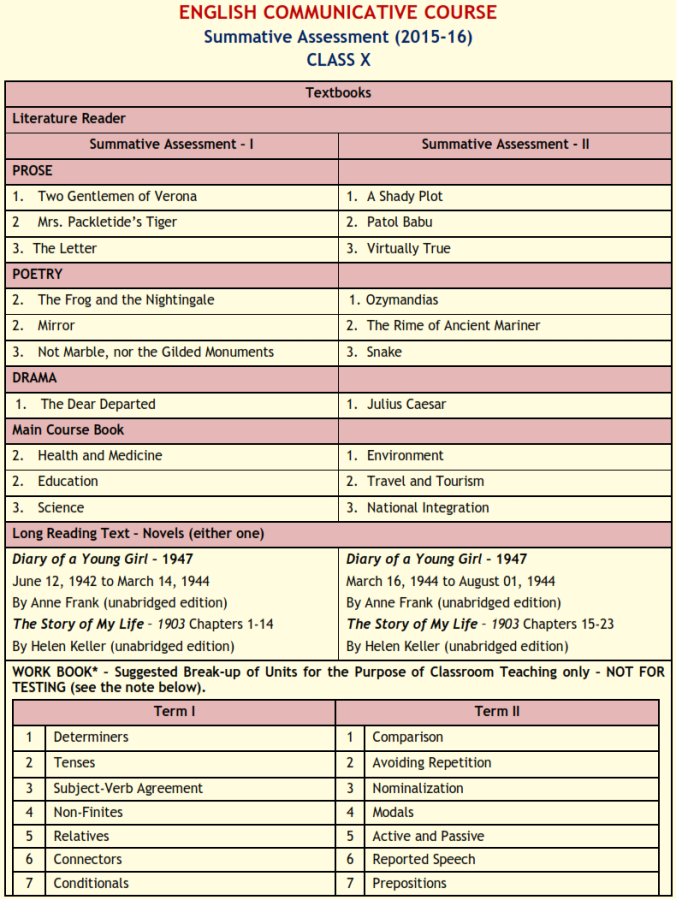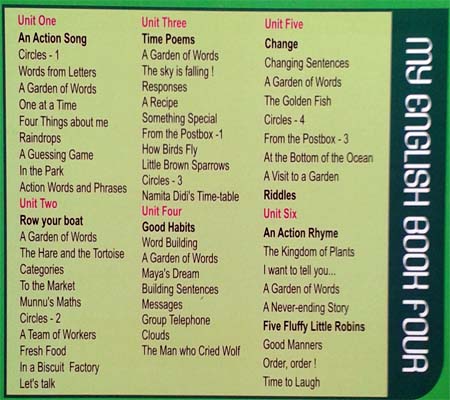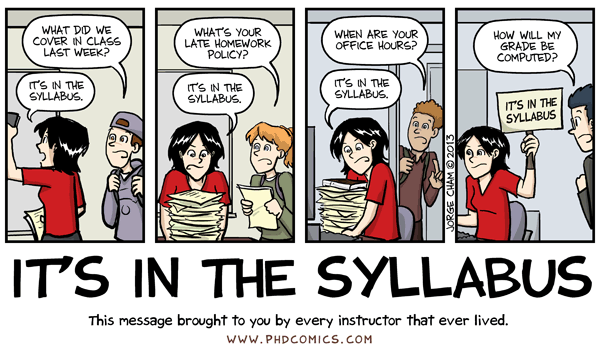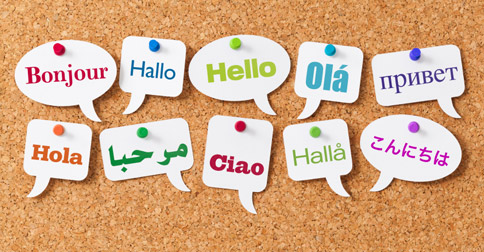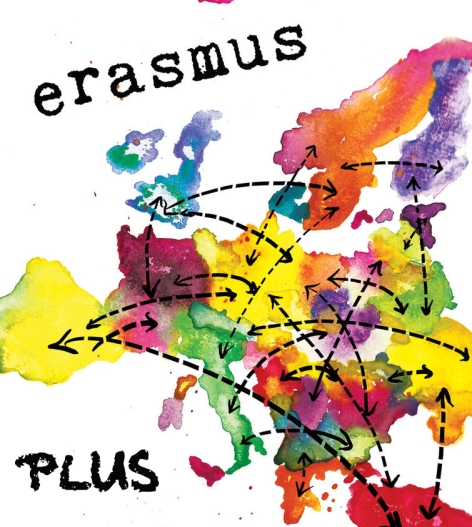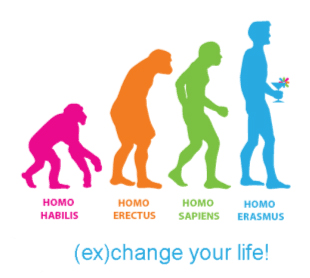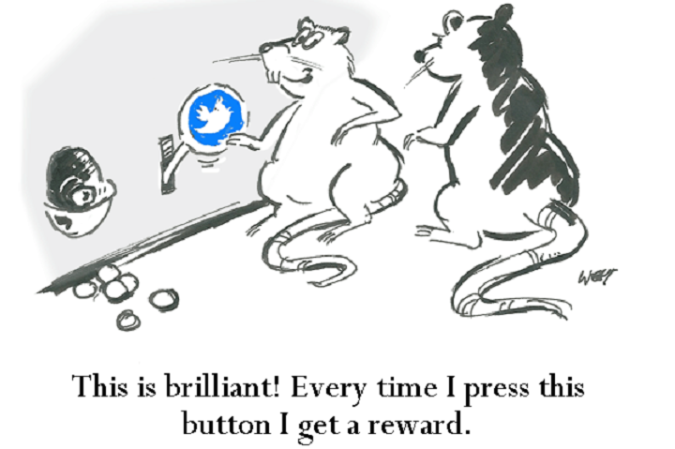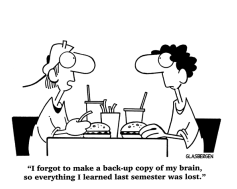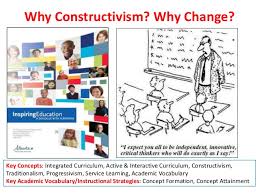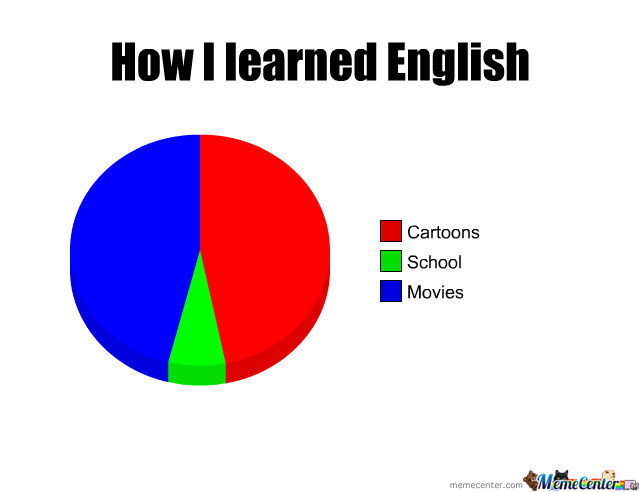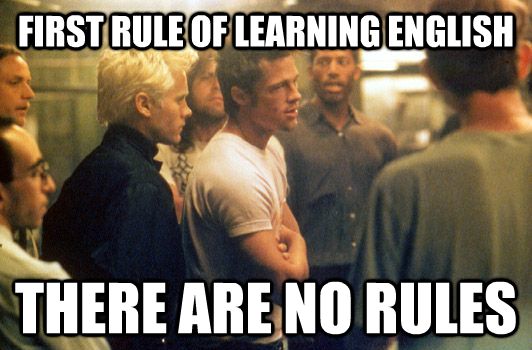Who am I?
My name is Carles Feliu and I am form a very small town in Costa Brava named Calella de Palafrugell, but right now I am living in Barcelona. Even though i was born there all my life, my parents have

My hometown
different backgrounds. My dad is half catalan and half french and my mom is half catalan and half asturian, both of them born in Catalonia. The thing is, they always talk to me in catalan, and between them they also talk in catalan, and I have an older brother, whom I talked with him in catalan as well. So I can say that my mother tongue is catalan, which is the language that i feel more comfortable speaking, and I don’t like to say that I am a bilingual, because even though I learned Spanish at school, I don’t feel as comfortable as when I speak in catalan. I read in catalan, I watch tv [even though I only watch the news] in catalan, and when I watch a film or tv shows, it’s mostly in english, since I don’t really like the Spanish/catalan films or tv shows. To sum up, my mother tongue is catalan, since I speak to my whole family and most of my fiends in catalan and and my Language 2 or L2 is Spanish, which I only speak to a small portions of my friends, and occasionally at university, and my foreign language is english, and that is a long story of when i learned english.
Firstly, I started to learn english at the age of 8, which is quite weird, because i met so many people who told me the started at the age of 3. As I am writing this post, I wonder when did I learned Spanish, because since I remember the teachers talked to us in catalan at the age of 3 [ UPDATE: I asked my parents what age i learned Spanish, and they believe it was at the age of 3].
— Let’s get back with english. I remember it as a total failure. It was a very bad methodology, I just remember learning the same stuff until the age of 15. It was 7 years of my life learning the same stuff, over and over again, in other words, learning [memorizing] the verbs, formal greeting and some basic sentences and words such the colors or the hours. At the point, my parents were quite worried for my education, that’s why they sent me to England for about 2 months on my summer vacation. I was terrified, not gonna lie, but I am so glad they did it, because i started to felt more interested in English language and way more confident talking and even reading in a foreign language. Right now, and theoretically, I have a B2 of english, according to CEFR, but sometimes I feel I have a B1, because I feel that I do a lot of unnecessary mistakes [ as you can see on my post] when i write and speak in english. Compared to the other languages I speak, which is catalan and Spanish, is much higher, which is C2. So basically I only speak english at uni and with my best friend. She is from Asia, and we met years ago, on summer 2009 and we connect in matter of seconds. We speak english to each other, since neither of us speak mandarin or Catalan/Spanish. And thats another topic Im going to talk right now.
Would you like to learn another language?
I forget to tell you guys what i study.I study Applied languages, and as many of you know, u have to choose a language, apart from English,Which is german, french or LSC. I was a bit interested in german, I actually have visited Germany so many times, so I thought it was a great change and a challenge to learned that language, but right now, I don’t really have motivation to keep learning that language, maybe in the future I change my mind, who knows..Oh i forgot, I would say I have A2 in german.
I only know one alphabet at the moment, which is latin language. But I would love to learn mandarin in the near future. I already knows some stuff in mandarin,vert basic though, and since my best friend is Chinese, she can helps me a lot. If I already knew Chinese ( don’t dream Carles) I would probably choose Korean or Japanese, and not only because i really liker their culture, but also because i really wanna learn a language which doesn’t use a latin alphabet. So I hope, in the next 10 years, I would be able to speak a language that doesn’t use the latin alphabet.
To get me know better…some curiosities about ME

On my first day of school
I think at the end of my posts I will put some curiosities about me so you guys could know me better, and a inspirational quote. The first thing u should know about me is that i absolutely love animals, which I have a lot of respect for them, thats’ why at the age of 16 i turned vegetarian, which later on i realized I was not helping enough,so at the age of 19 I turned vegan, which is the best decision I ever made, not only for the animals, but for my health, because i suffered from a sever anemia since i was a kid, and luckily veganism has cured it.
Thats all for today.
Thanks for reading and do not forget to subscribe if you want to hear more about me.
Best wishes,
Carles Feliu.
Quote of the day: “Education is the most powerful weapon which you can use to change the world.”
― Nelson Mandela
